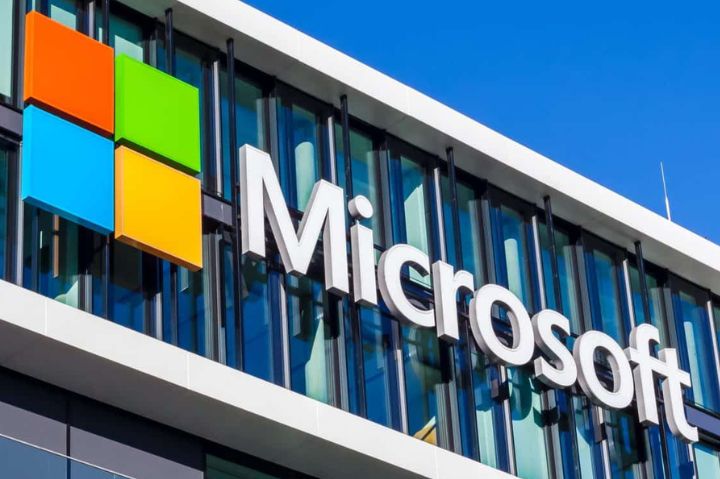Microsoft has come under scrutiny after dismissing two employees, Abdo Muhammad and Hossam Nasr, who organized a vigil at the company’s Redmond headquarters in solidarity with Palestinians in Gaza. The vigil, intended to honor Palestinian civilians caught in the ongoing conflict and to critique Microsoft’s reported relationship with Israeli defense interests, ignited corporate controversy, especially as Microsoft declined to specify why Muhammad and Nasr were let go shortly after the event.
The two former employees told the AP that their aim was to bring attention to what they called Microsoft’s “complicity” in the Gaza crisis, pointing out that the company had previously supported causes through internal donation campaigns. This recent vigil, they argued, aligned with Microsoft’s tradition of assisting people in need. However, they were reportedly informed of their termination only hours after the gathering.
In a brief statement, Microsoft confirmed that some employees were let go “in accordance with internal policy” but provided no further explanation. However, Business Insider reported that the tech giant has largely stifled pro-Palestinian dialogue within the company’s internal messaging channels, reflecting a broader trend of Big Tech limiting certain political discussions while adopting corporate stances on global issues.
Since the escalation of violence in Gaza, Microsoft has faced internal friction over perceived favoritism toward Israeli causes. Shortly after the October incursions, the company expressed solidarity with Israel, making donations to Israeli organizations, including the Friends of the Israel Defense Forces, and provided financial support to its Israeli employees. Additionally, Microsoft instructed managers to limit war-related commentary to official statements, an approach that has created mixed responses among employees.
Microsoft isn’t the only tech company facing unrest over its role in the conflict. Google has also experienced staff protests over Project Nimbus, a $1.2 billion cloud computing contract with Israel that provides AI capabilities and other tech infrastructure to Israeli defense. Google and Amazon employees have called for their companies to reconsider their involvement, fearing their technologies could contribute to violence against Palestinian civilians.
These incidents highlight an intensifying debate over corporate responsibility in global conflicts and the boundaries of free expression within workplaces. As employees demand transparency and accountability, Microsoft’s response will likely influence both public perception and internal morale amid the increasingly polarized tech industry landscape.












